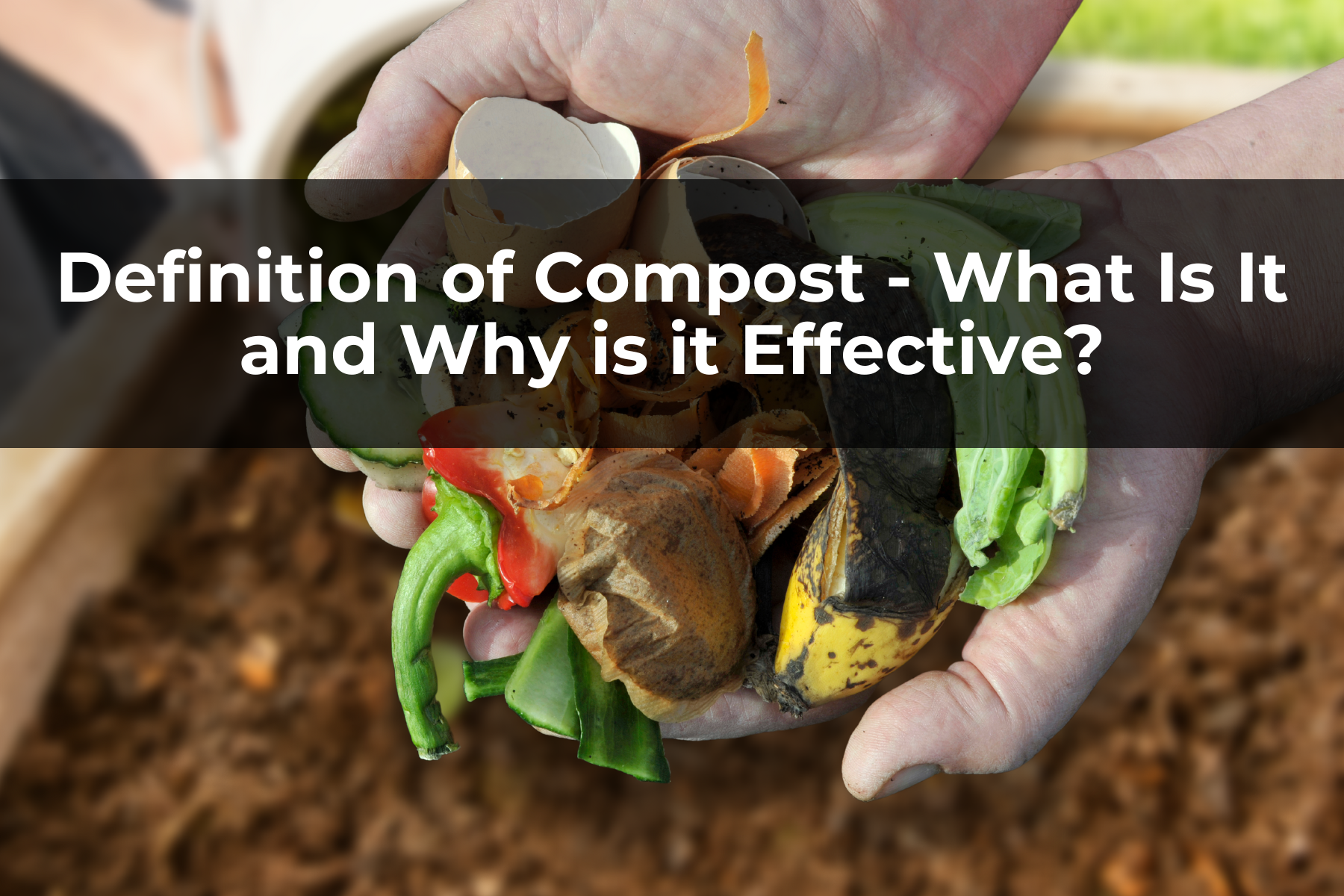Last Updated on April 16, 2024 by Real Men Sow
It’s the greatest feeling to know that the food you grow and feed your family is safe, organic, and free from harmful pesticides. One way to achieve that is through home composting. It is amazing to see how compost can transform from a pile of unrecognizable material into a beautiful, rich, dark, and earthy soil that provides the ultimate food source for plants. So, what is compost and how can it be the best soil amendment for your garden? Here, we will be discussing the definition of compost and why it is effective.
What Is Compost?
Definition of Compost states simply as decomposed organic material that is used in soil amendments and fertilizers, particularly for organic gardening and farming. It is called composting because it is the biological process by which microorganisms transform organic materials like leaves, paper, and grass clippings into soil-like compost.
Other than bacteria and fungi, which are the main players in organic matter decomposition, there are many living organisms that also play an important part in it. This complex interplay is sometimes referred to as the soil food web.
What Are the Organisms Involved?
There are many organisms involved in the breakdown of all this matter into compost. They can range from the following:
- Tiny bacteria
- Protozoa
- Algae
- Larger nematodes (microscopic and microscopic worms)
- Arthropods
- Invertebrate animals (springtails, beetles and spiders, and centipedes)
- Small insects
- Earthworms
The compost contains all materials necessary for plant growth. It also has trace elements and humic acids, which is an important ingredient that makes plant nutrients more accessible. All the organisms that are in this process of progressive decomposition are able to store and preserve the nutrients they make available.
These nutrients are then released slowly because they are chemically bound with soil particles. This makes them resistant to leaching (rather than all at once like water-soluble fertilizer).
Benefits of Adding Compost
Compost has many other benefits than its nutritional benefits. It also improves any soil’s physical, chemical, and biological properties. The water-holding capacity increases for sandy soils and improves drainage and aeration in dense soils. And it is rich in beneficial fungicides, organisms, and other substances that suppress the growth of disease-causing organisms.
Although we have a lot of knowledge about why compost is so effective in improving soil and encouraging plant growth, there’s still much we don’t know. Humus is the best part about composting. It is the reason we compost. Humus is the stable end-product of composting. It is a rich, dark, and earthy organic material that is rich in nutrients. This is what is most beneficial for the soil and all plants that grow in it.
The Two Main Benefits
You can mix humus with the native soil to form a loosely-structured soil mixture. This allows air and water to freely flow through the soil. This makes it easier for soil organisms to access important elements.
The soil is humus rich and acts like a sponge by soaking up water and then storing it for later use. This improves the soil’s moisture-holding capacity and reduces runoff. Humus also contains chemical elements which feed plants and neutralize toxins. These elements chemically lock up heavy metals, which can make it hard for plants to absorb important nutrients.


